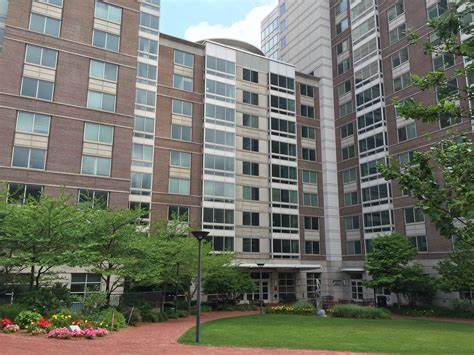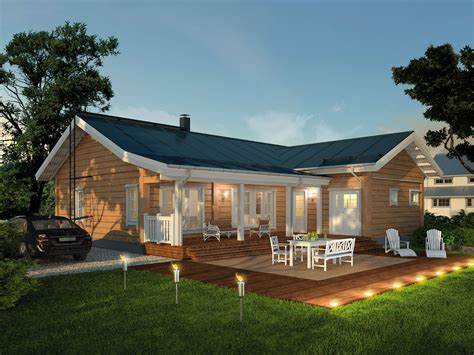If you want to know how to rent out your house, you may have signs of dollars on your brain. Renting a house into a landlord may be profitable. But how do you prepare to rent a house?
According to the American Association of Realtors, it is estimated that the current 40 million renters in the United States will increase by 11 million in the next decade. If you want, that is the opportunity. However, before you post a "rent" sign and advertise your intention to rent out your house, take the time to prepare your location. These steps will help you prepare your rental property and attract quality tenants.
1. Check your home
When your home is empty, thoroughly check and fix major problems. Solve potential problems, including leaking roofs, drooping or blockage of drains, cracks in driveways, leaks in faucets or pipes, power outlets, and lamp burnout. Also, check your floor to make sure they are in good condition.
2. Thinking about safety
If the tenants have a safe place to live, they will feel more comfortable. If you rent out a part of the house, make sure the rental area is separate from your other houses. Make sure the smoke detector is in good working order. A fire extinguisher is available on each floor of the kitchen and home.
3. Clean up
Nothing can disappoint potential renters more than a dirty place. Clean floors, windows and blinds. Wash off the stains on the carpet with shampoo. Repaint the walls with a neutral color to make the room look cleaner and brighter.
4. Assess your furniture and utensils
Cleaning is also suitable for furniture and appliances. If you have expensive furniture or fixtures that you don't want to be stolen or damaged, remove them. If you offer a furnished home, make sure everything you provide is working.
If you are providing electrical appliances, make sure they are clean inside and outside. Keep in mind that renting a house with an electrical appliance may increase your rent, but if the appliance needs frequent repairs or maintenance, it may cost you.
5. Deciding how to manage a rental house
If you plan to manage your own lease, please keep a legal lease document for you and your tenant. If you don't plan to manage your own house, give yourself time to find a reputable property management company. Property management companies typically charge a 4% to 12% monthly service fee, but they will screen potential tenants, manage repairs, collect rents, process IRS payments, and handle evictions when necessary.
6. Notify your mortgage and insurance company
It is important to contact your mortgage and insurance company to let them know that you will not live at home. Your mortgage company has certain rights to the property to protect its security interest. Once you notify your mortgage holder that you intend to rent out your house, you may need to meet the specific mortgage as a landlord's request.
You should change your homeowner's insurance policy to the owner's property insurance policy to cover any damage caused by the tenant's negligence, natural disasters, fire or water damage.
7. Determine market value
Once your house is ready for rental, calculate your monthly cost and evaluate comparable rental properties in the area to determine your listing price. When you post a rental ad, you will want to highlight the features you want to help sell the house to potential lessors. According to RentalsOnline.com, it is often the best time to look for tenants to note that the period that is more attractive to tenants from March to August each year.
8. Screen potential tenants
Once you have identified a potential tenant to rent out your home, ask them to fill out an application form listing their name, employer, former landlord and referee. You should also pay attention to their social security number and get a signed authorization to check their credit reports and criminal records. Understand the rights of owners and tenants, which vary from region to region but govern fair treatment in law.
Find More

Welcome to HouseRentUS.com, your trusted online rental marketplace. We simplify the
connection between renters and property listings without participating in rental transactions or charging
users any fees. For a cost-free, efficient search for houses, apartments, and rental homes, our platform is
your go-to resource to find affordable housing across the USA.
We sustain our services through ad partnerships, including Google, ensuring a user-centric experience. By
interacting with ads, you support our mission to enhance your property search journey. Thank you for your
understanding and engagement.



